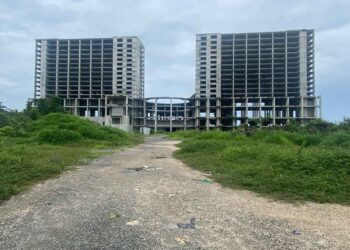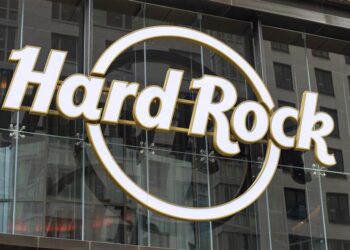Hefty bad debt provisions, coupled with a low-win percentage in its VIP business, sent Genting Singapore’s fourth-quarter net profit tumbling 36% year on year to S$89.2 million (US$65,5 million), reports the Straits Times.
Analysts believe the bad debts may have been incurred by Chinese high-rollers unwilling or unable to pay their gambling debts owing to tighter credit conditions as the Chinese economy slows.
Revenues for the quarter slid 8% to $637.9 million.
A larger-than-expected bad debt provision of nearly $82 million hit the Resorts World Sentosa operator’s earnings. Bad debt provisions for the full year jumped 42% to $262 million year on year.
Union Gaming Research Macau analyst Grant Govertsen said: “The tone struck by management with respect to current trends – especially in the VIP market – was much more negative than that of its Macau-based peers, which perhaps is a function of Genting Singapore only able to conduct VIP business on a direct basis, rather than via the junket system like in Macau. All in, the company does not expect to see any material signs of life in its VIP segment for the whole of 2015.”
Gaming revenue dipped 9% in the fourth quarter to $461.3 million from a year earlier as Genting scaled back on credit extensions to Chinese high-rollers. An analyst with a bank-backed brokerage, who declined to be named, said: “Gaming debts are not as easily enforceable in China, compared with other parts of Asia.”
Genting saw its earnings before interest, tax, depreciation and amortisation (Ebitda) slide 24% to $190.2 million as its premium player business underperformed due to a “significant below-average win percentage and rolling volume”.
RWS’ win percentage, or hold rate – the portion the casino retains on a $1 bet – was 2.2% for the quarter, the analyst said.
So for every $1 wagered by VIP gamblers, the casino made 2.2 cents. In contrast, Genting’s rival, Marina Bay Sands, fared better with a win percentage of 3.6% for the quarter.
Indeed, MBS surprised the market with an Ebitda of US$518.5 million (S$704.8 million) for the fourth quarter, more than double that of a year earlier, while its revenue jumped 27% to US$838.6 million, on the back of casino revenue increasing 34% to US$674.4 million.
Mr Tan Hee Teck, president and chief operating officer of Genting Singapore, outlined the challenges facing the firm.
“The business environment around us has changed rapidly and we face stiff competition… In recent months, the macro-economic ecosystem has been altered to an extent that the gaming industry has to adjust to a new norm. RWS has been reorganising its gaming programmes to focus marketing initiatives towards the foreign premium mass and mass market segments.”
Earnings per share for the quarter was 0.73 of a cent, down from 1.15 cents a year earlier, while net asset value was 61.1 cents as at Dec 31, up from 60 cents a year earlier. The group proposed a final dividend of one cent a share.
Genting’s non-gaming revenues fell 4% to $176 million for the quarter, while its hotel business saw a 93% occupancy, with average daily room rate at $422.
“The attractions businesses welcomed more than six million visitors in 2014. RWS expects non-gaming earnings to post growth in 2015 as the travel industry climbs out of a difficult year,” Mr Tan said.
Meanwhile, Mr Goh Chye Boon, RWS’ executive vice-president of operations, has resigned to pursue other opportunities.
Mr David Sisk has been appointed as chief operating officer and will report directly to Mr Tan.
Mr Sisk, who has more than 20 years of gaming industry experience in Las Vegas and Macau, joined RWS in last September. He had been chief financial officer of Caesars Palace and Wynn Las Vegas, and chief operating officer at Sands China.




































